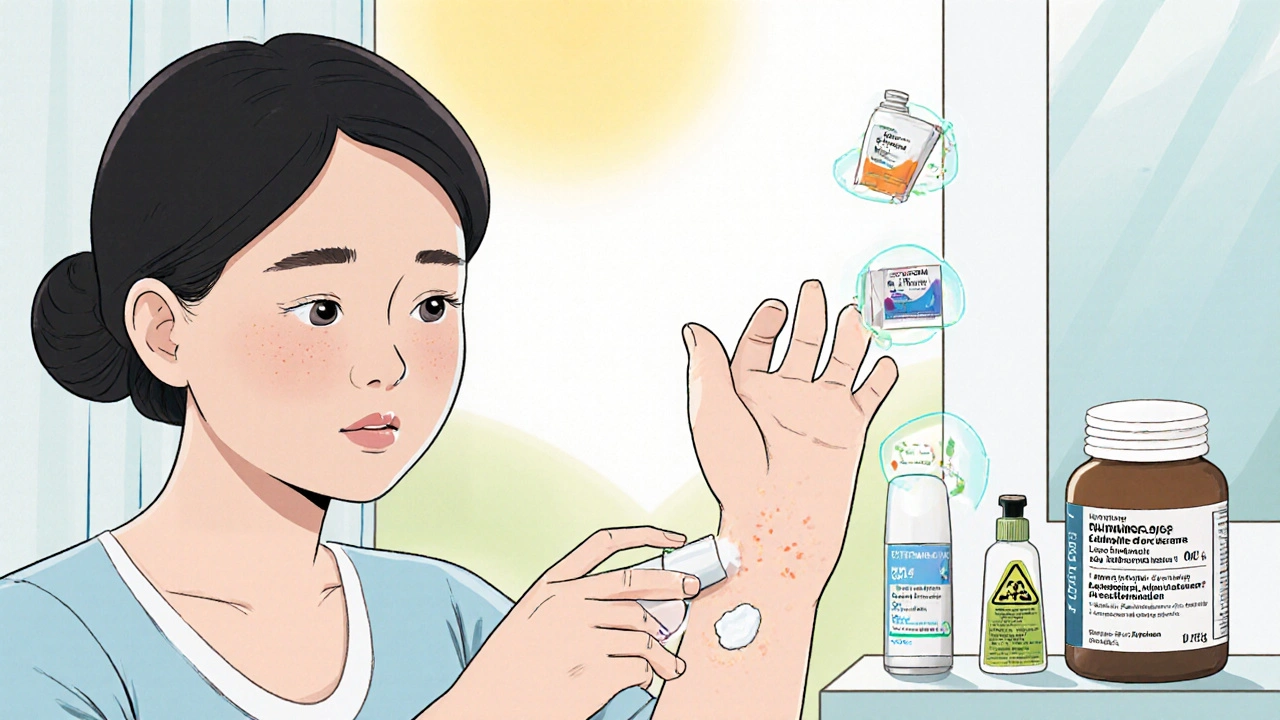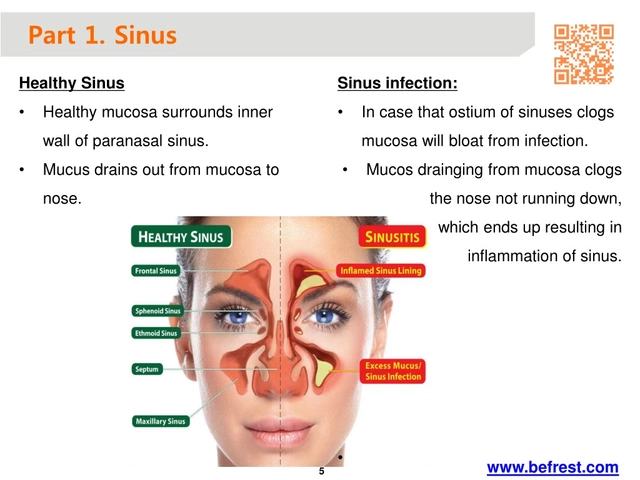Safe Creams During Pregnancy: What Works and What to Avoid
When you’re pregnant, your skin changes—dryness, stretch marks, acne, and dark patches are common. That’s why many turn to creams, but not all are safe creams during pregnancy. A topical product might seem harmless, but some ingredients cross the placenta and can affect your baby. The topical medications, skin-applied treatments that enter the bloodstream through the skin you use need careful review, especially during the first trimester when organs are forming. Even natural or herbal creams aren’t automatically safe—some plant extracts can trigger contractions or hormonal shifts.
The pregnancy hormones, estrogen and progesterone levels that rise sharply during gestation directly influence your skin’s behavior. More oil, more sensitivity, more pigmentation. That’s why moisturizers with ceramides and hyaluronic acid are often recommended—they help repair the skin barrier without chemicals. But avoid retinoids, salicylic acid in high doses, hydroquinone, and essential oils like rosemary or clary sage. These are linked to birth defects or early labor in animal studies and clinical reports. The pregnancy skin care, routine of cleansing, moisturizing, and protecting skin during gestation should be simple: gentle cleansers, fragrance-free lotions, and mineral sunscreen. Always check labels for parabens, phthalates, and synthetic fragrances—they’re not regulated for pregnancy safety.
Many women worry about stretch marks and reach for creams claiming to prevent them. The truth? No cream can stop them completely. But keeping skin hydrated reduces itching and may lower severity. Products with shea butter, cocoa butter, and vitamin E are low-risk and widely used. For acne, benzoyl peroxide in low concentrations is considered safe by the American College of Obstetricians and Gynecologists. But avoid oral antibiotics or isotretinoin creams—they’re strictly off-limits. If you’re unsure, talk to your OB-GYN or a dermatologist who specializes in pregnancy. Don’t rely on Amazon reviews or Instagram influencers. Real safety comes from clinical data, not trends.
Below, you’ll find real patient experiences and medical reviews on products used during pregnancy—from soothing eczema creams to safe sunscreens. Some posts break down ingredient lists so you know exactly what you’re putting on your skin. Others compare over-the-counter options with prescription alternatives. No fluff. No marketing. Just what works, what doesn’t, and what you should ask your doctor before applying anything new.

Safe Topical Medications and Creams During Pregnancy: What You Can and Can’t Use
Learn which topical creams and medications are safe to use during pregnancy, from acne treatments to eczema creams. Avoid risky ingredients and use the safest options with confidence.
Detail




